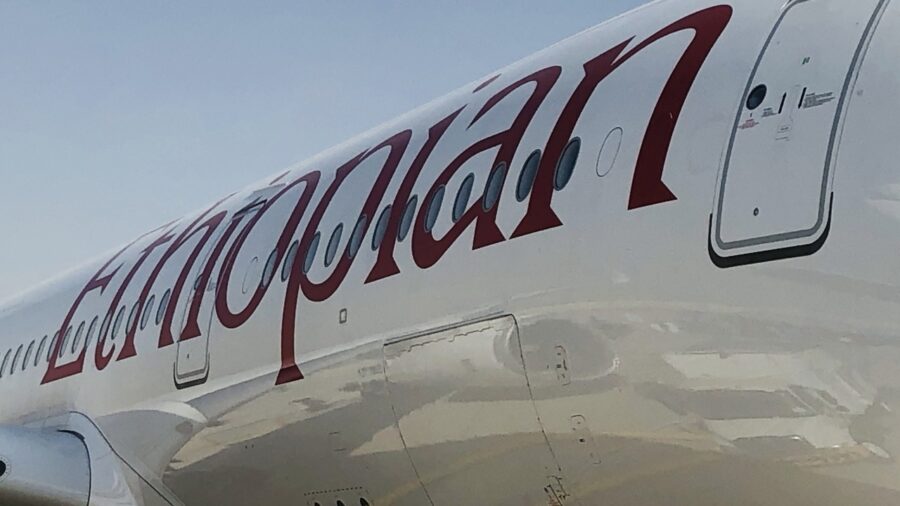African Airlines Anticipate Revenue Growth in 2024, AFRAA Reports

The African Airlines Association (AFRAA) has forecasted a promising outlook for the continent’s aviation sector in 2024, with passenger numbers expected to reach around 98 million. This optimistic projection is part of a broader trend of recovery, as evidenced by cargo movements totaling 149.6 million kilograms to and from Africa in November 2023, with African airlines accounting for 30.8% of this volume.
Significant airports across Africa, including Johannesburg, Nairobi, Addis Ababa, Lusaka, Cairo, Casablanca, Abidjan, and Lagos, have seen intra-Africa connectivity return to or surpass pre-Covid levels since December 2022. This resurgence is anticipated to contribute to an increase in airline revenues and a reduction in the revenue gap observed in 2022. AFRAA estimates that the revenue shortfall for African airlines in 2023 will be approximately $200 million or less when compared to the full year of 2019, a significant improvement from the $3.5 billion passenger revenue gap reported for 2022.
In the realm of regulatory and industry affairs, several African nations have taken steps to enhance their aviation sectors:
- Somalia has regained control of its airspace management, transitioning from Class G to Class A to provide Air Traffic Control Services, marking a significant stride towards enhancing safety and efficiency.
- Zambia has implemented electronic cargo manifests to streamline cargo processing and align with global trade standards.
- Cameroon has introduced a “Customs Cmr” mobile app to simplify air passenger processing, showcasing a commitment to digital transformation.
- Tunisia has increased tourism taxes for economy and business class travelers, a move aimed at boosting tourism sector revenue, though it has raised concerns about potentially impacting tourist arrivals. However, Tunisia’s ratification of the Montreal Protocol 2014 (MP14) in January 2023 highlights its dedication to improving flight safety by addressing jurisdictional gaps that previously allowed disruptive passengers to evade prosecution. Tunisia’s commitment serves as a model for other African states encouraged by AFRAA to ratify the protocol.
These developments reflect the ongoing efforts across the African continent to revitalize the aviation industry, enhance operational efficiency, and secure a sustainable future for air travel.
